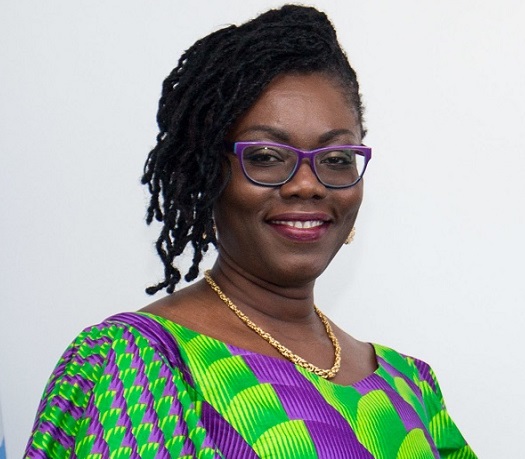
Internet connectivity ‘wahala’
Despite the commitment by both government and telecommunication companies providing and improving internet services and access, there are still major challenges.
Apart from patchy coverage and the high cost of data, the quality of internet services is becoming a challenge to institutions, businesses and individuals who rely purposely on the net to work.
Ghana was recently ranked 79th in the world and first in Africa in a global index for the fastest internet speed. Though encouraging in comparative analysis, Ghana could have performed better if the challenges associated with connectivity, in terms of infrastructure, are resolved.
According to speedtest.net/global-index/ghana, specialists in ranking mobile and fixed broadband speeds from around the world, Ghana, as of July 2021, had an internet rank of 133-1, a download speed of 13.38Mbps, an upload speed of 10.24Mbps and latency of 40ms.
All indications point to improved telecommunication sector in general, with peculiar problems to internet access and connectivity.
The challenges associated with internet connectivity in Ghana are preventing the full realisation of the benefits of internet connection to businesses, individuals and the nation as a whole. These challenges border on cost, access and infrastructure and quality.
Cost
Arguments about the cost of data being expensive in Ghana compared to other African countries continues on a daily basis.
While telecommunication service providers argue that the cost of data in Ghana is one of the cheapest, users and some experts claim otherwise.
Affordability is key. The number of people who can afford to purchase data in Ghana is comparatively low. The majority of the citizens complain. This puts them off the internet and its related services.
According to statists, as of January 2021, the internet penetration rate in Ghana reached 50 per cent, up from 48 per cent in the same month in the preceding year.
The recorded internet users in Ghana have been increasing rapidly. With more businesses and individual initiatives depending on internet connectivity for operation, a 50 per cent penetration rate can still be considered to be woefully inadequate.
Access to the internet is centered around major cities and towns with little or no access to those in the hinterlands.
That makes it difficult for them to have easy access to information and the numerous opportunities associated with the internet are lost to them.
Closely related to the challenge of internet access in Ghana is inadequate infrastructure.
While internet infrastructure in the cities and towns are well developed and robust, the rural areas lack the requisite infrastructure.
The cost of internet infrastructure is high and telecommunication companies seem hesitant to invest huge sums of money in the rural areas where they are not sure of recouping their investment.
This infrastructure deficit remains one of the major challenges against internet connectivity in the country.
Network Quality
The challenge of network quality and frequent disruptions in internet connectivity is another problem that affects internet connectivity, even in major cities and towns.
Clients witness long queues at banks and other places of business because of recurrent challenges with internet connectivity.
The National Communications Authority’s quality of service test results for the 2021 first quarters shows some of the major telecommunication operators in the country not meeting compliance status.
That affects service quality and delivery. Whilst Ghana has made major strides concerning internet connectivity in the country, more needs to be done to reduce cost, improve access and build infrastructure that will enhance quality internet connections.
The writer is
Associate, Chartered Institute of Marketing (UK)
Student, University of Education, Winneba
E-mail:
